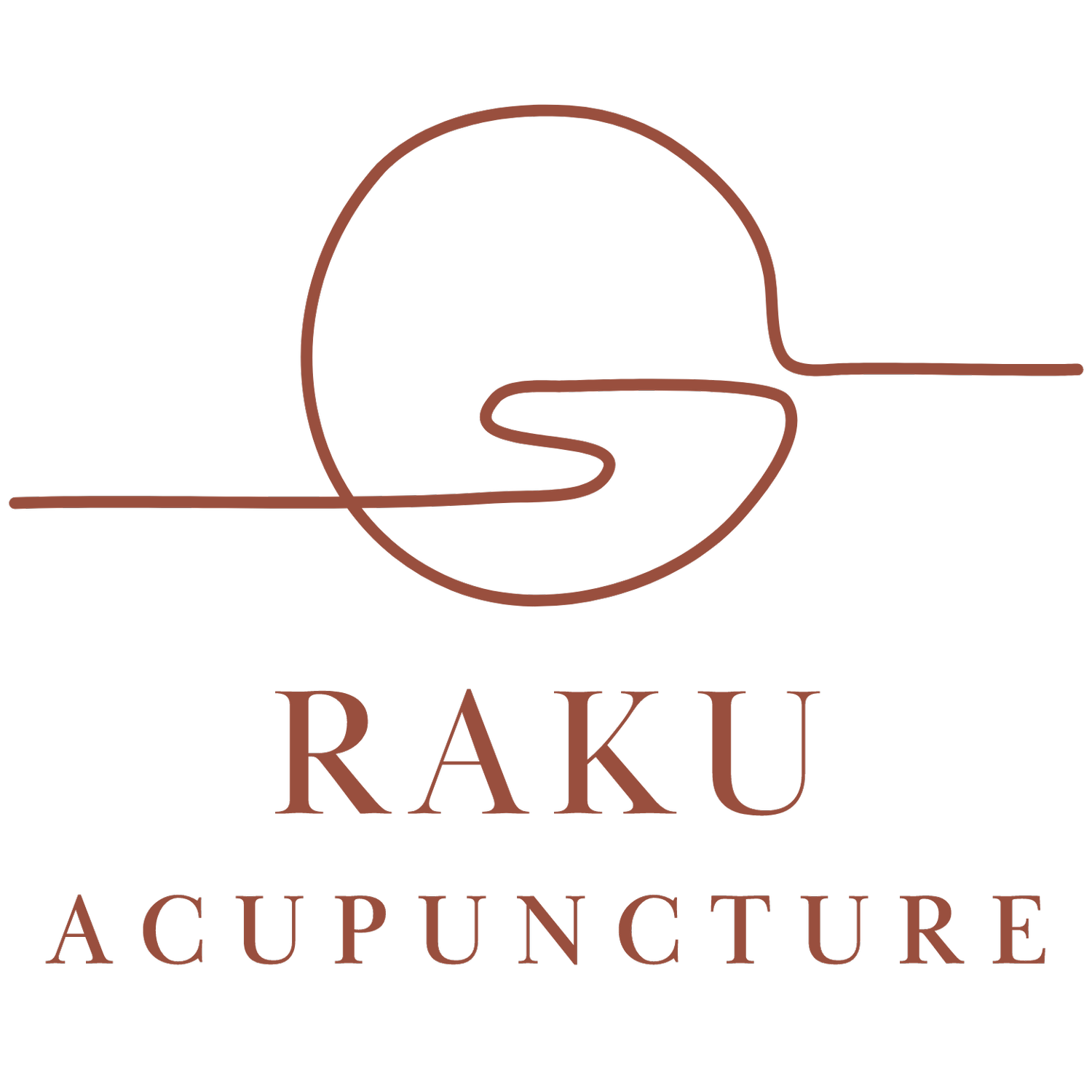How Many Acupuncture Treatments will i Need?
I get this question all the time and one that I particularly love answering!
The reason that I love answering this question is because the answer can be as much of the treatment as the needles are! A treatment protocol or a plan is what you can come to expect. It is easier to give yourself the space and time to heal within the confines of a treatment protocol.
Acupuncture is not always a quick fix. I know we have all the heard miraculous stories about how one acupuncture session helped our Uncle Mike’s back pain forever or how our neighbor’s insomnia disappeared overnight (no pun intended). How amazing that this medicine has that potential? I just had a patient come in for two sessions with chronic low back pain and sciatica and come in for the third session with total relief. This medicine is truly amazing.
But, far more commonly I see that consistency and commitment are needed to find healing within this medicine. Commitment to ourselves. Often times acupuncturists are working with you on your health issues that have been going on for years or decades. It takes time to unlearn those patterns, time to reorient your body.
An amazing mentor of mine conducted a study with acupuncturists, asking what was the number of treatments that yielded tangible and positive results. The answer was on average 6 to 10 treatments. But, it largely depends on the patient and how long the issue has been going on. I have personally found that the more chronic an issue, the more treatments and frequency is needed.
Acupuncture is a space that gives you the permission to slow down and listen to your body. What has your body been telling you this entire time? How can you shift? You take your body home at the end of the day. How are you going to treat it when you get there? How have you been treating it?
There's a commitment to yourself that runs deep when you begin an acupuncture journey. Thank you, thank you, thank you for being here and listening to your body.
Acupuncture offers a holistic and natural solution to supporting your fertility & reproductive health as well as pregnancy & postpartum support.
If you’re ready to experience the benefits of acupuncture for yourself, schedule an appointment today.
Raku Acupuncture
(720) 230-3225 | micaela@rakuacu.com
Proudly serving Doylestown, Bucks County, PA. Located near Chalfont, New Britain, Solebury, Perkasie, Newtown, Yardley, New Hope, and Lambertville.
Disclaimer: This article is not intended for the purpose of providing medical advice. All information, content and material is for informational purposes only and is not intended to serve as a substitute for consultation, diagnosis, and/or medical treatment.
